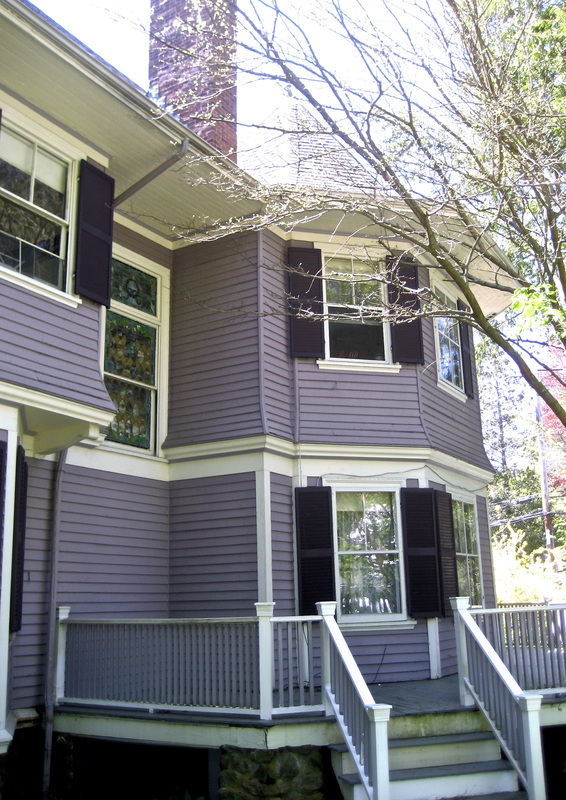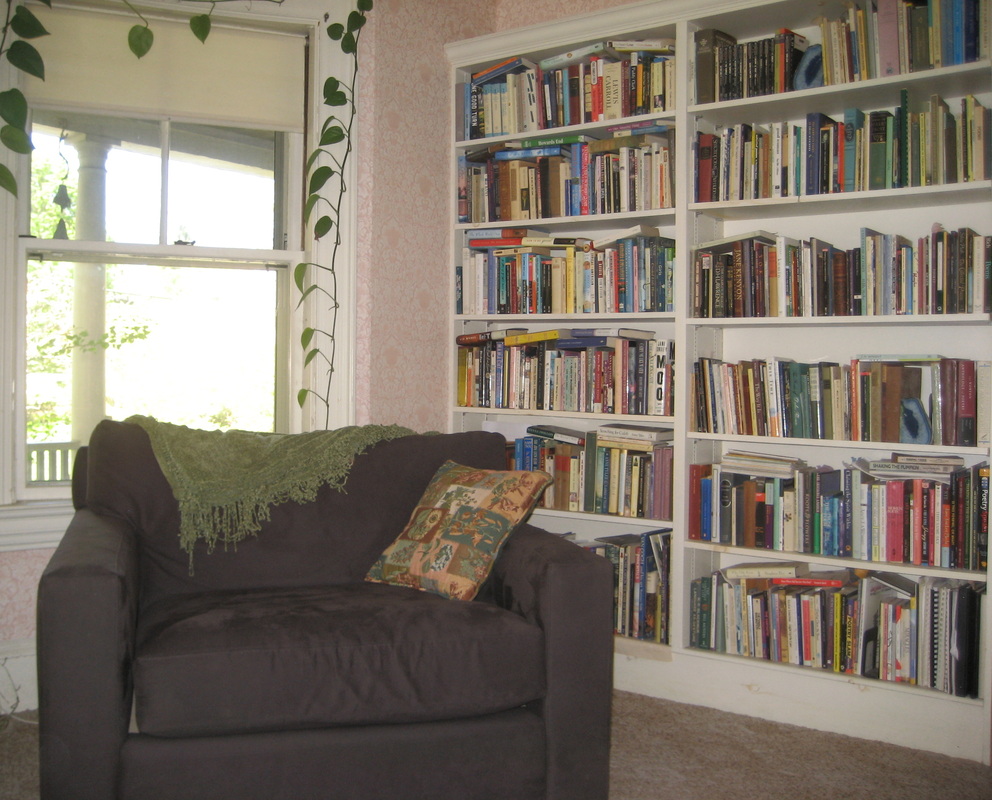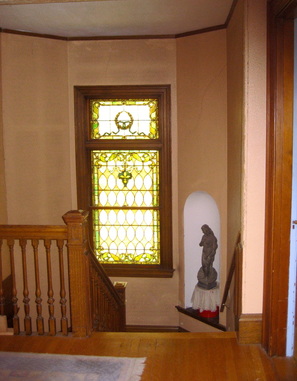FreQUENTLY Asked QuestionsHow long has Arlington Friends House been a cooperative?
About twenty-five years. Are you active politically? While we don’t have an affiliation as a house, most of us are very involved with a range of progressive causes, including supporting, organizing, and volunteering with different groups. Are all members Quakers? No; the number has varied over time. Currently two of our residents are Friends. Does the house host outside groups? Often! We enjoy holding events here that our residents are involved in — book groups, potlucks, committee meetings, writing workshops, singing groups, etc. Do you ever have people live with you short-term? Once in a blue moon, if we happen to have space while we’re looking for long-term housemates. Do residents have guests overnight? Yes. Relatives, out-of-town guests, and significant others are welcome, as long as we let each other know about visitors in advance. We can use our parlor to put up guests. Does the house include pets? Yes, one dog. (No cats; some of us have allergies.) How do you decide things like food policies, or furnishings? We discuss them in house meetings, using the model of Friends Meeting for Business. For more information about which decisions are co-operative, which individual, and which belong to the householder. See this document. |
|
What is the Friends model?
It resembles consensus, but with a spiritual basis. Quakers take it on faith that we’re meant to work together rather than against each other: that we’re seeking a higher good, not just individual comfort. In discussion we listen thoughtfully; everyone is heard. The goal is not expressing personal preferences, but finding what's best for the entire community. Is there a leader? We rotate the job of facilitating, or "clerking." The clerk keeps the meeting on track, invites each member to speak in turn, and takes notes. Do you vote after discussion? No. If an issue really divides us, then we aren’t ready to move ahead. We need to wait and seek more clarity. However, this problem is rare. People who choose to live here tend to want the best for each other. |



